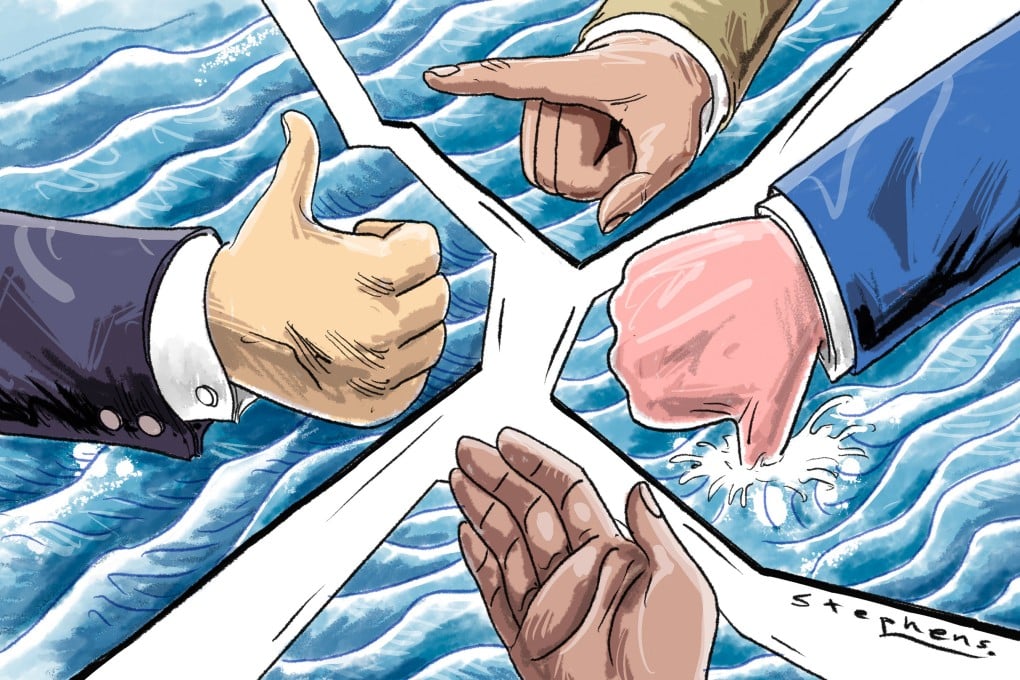Advertisement
Opinion | Asean all adrift over South China Sea consensus
- Divisions are undermining the grouping’s centrality as nations from Malaysia to the Philippines disagree on the China threat and nurture different priorities
Reading Time:4 minutes
Why you can trust SCMP
9

Malaysian Prime Minister Anwar Ibrahim recently talked down the Philippine approach to disputes with China in the South China Sea and talked up Malaysia’s “more aggressive way of diplomatic engagement” as being more successful.
Advertisement
With Malaysia set to chair Asean next year, Anwar’s statement carried immense strategic significance.
Speaking at the 37th Asia-Pacific Roundtable in Kuala Lumpur earlier this month, Anwar admitted that Malaysia and China had also faced “some very serious issues” but managed “relatively more successful” relations as Malaysia is deemed “really neutral” amid the superpower rivalry in the region.
In an indirect criticism of America’s growing strategic involvement in the South China Sea, Anwar underscored that “there should not be involvement with other parties” beyond China and members of the Association of Southeast Asian Nations, so as not to “complicate the matter”.
This is a direct contradiction of the Philippines’ strategic orientation, which involves doubling down on security cooperation with Western partners as a counterbalance to China.
Advertisement
It is hard to overstate the divisions within Asean, where leaders often seem to inhabit parallel geopolitical universes.

Advertisement
